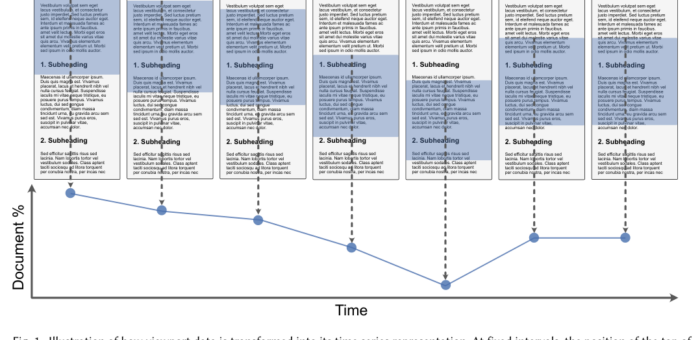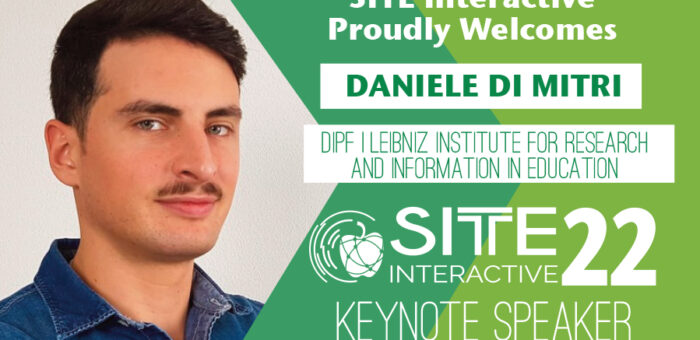
Paper and presentation about the topic of detecting disengaged reading at LAK23
Conference, Conference, Event, Higher Education, Publication, Research topic, Self-Regulation, Target group
At the recent Learning Analytics and Knowledge Conference (LAK23), Daniel Biedermann presented his paper "Detecting the Disengaged Reader - Using Scrolling Data to Predict Disengagement during Reading," to shed light on the potential for early detection of disengagement in readers. The paper presents a unique method for early disengagement detection that relies solely on the classification of scrolling data. By transforming scrolling data into a time series representation, each point of the series represents the vertical position of the viewport in the text document. Time series classification algorithms are then used to evaluate the data.The results were promising, with the method able to classify disengagement early with up to 70% accuracy. However, the study also observed differences in performance depending on which texts were included in the training dataset. Biedermann…




